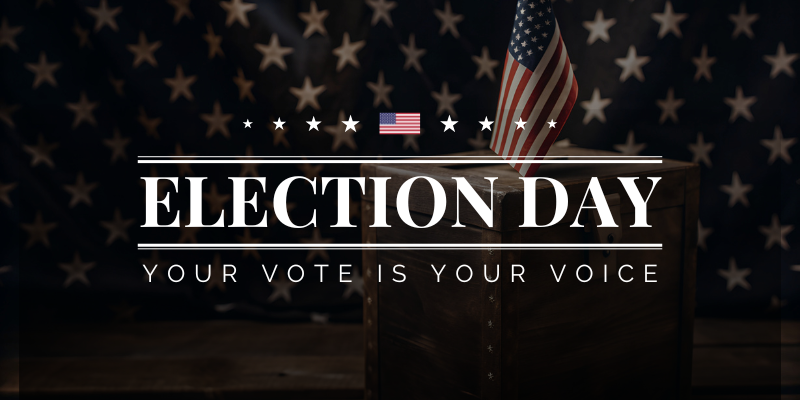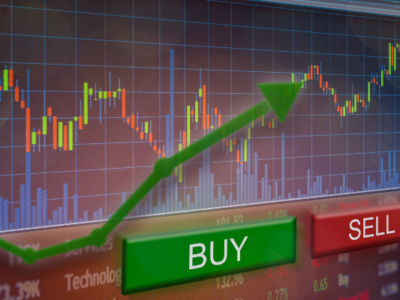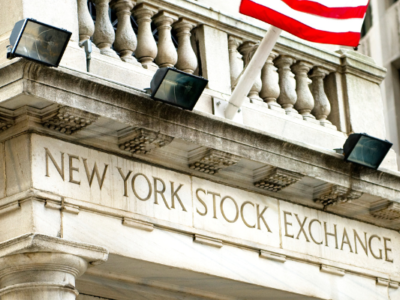2024 U.S. Presidential Election: Economic Outlook and Potential Market Impact

As Donald Trump and Kamala Harris vie for the U.S. presidency, global markets are bracing for shifts in policy that could bring significant economic and investment impacts. Both candidates present distinct economic visions, each with unique implications for key markets and asset classes, particularly as the world faces inflationary pressures, geopolitical tensions, and evolving trade alliances. Analysts and economists predict that either candidate’s victory will set the course for fiscal and monetary policy directions that could impact the U.S. and global economies for years to come.
Potential Economic Policies Under a Trump Administration
Donald Trump’s policies have historically been centered on business-friendly tax cuts, deregulation, and support for domestic industries, including energy. Should he return to office, analysts expect a continuation of these themes, aiming to lower corporate taxes and increase incentives for American businesses. This approach could spur growth in sectors like energy, defense, and finance, with a focus on expanding traditional energy production and limiting regulatory constraints.
However, Trump’s trade policies, which have included tariffs and sanctions—particularly toward China—may lead to renewed volatility in trade relations. Economists suggest that this could put downward pressure on the dollar by increasing trade friction, while also benefiting safe-haven assets like gold (XAU/USD) amid uncertainty. Additionally, Trump’s proposed tax cuts could lead to increased fiscal deficits, which might drive up interest rates as the Federal Reserve seeks to balance growth with inflation control.
Economic Projections Under a Harris Administration
Vice President Kamala Harris, as the Democratic candidate, is expected to prioritize infrastructure investments, green energy expansion, healthcare access, and climate-related policies. Such initiatives could benefit sectors focused on sustainable energy and technology, drawing support from environmentally conscious investors. Increased government spending on infrastructure and healthcare could stimulate job creation, but this may come with higher corporate taxes to fund these initiatives. Analysts predict this approach could bring moderate economic growth but might constrain profitability in certain sectors affected by tax hikes, particularly large corporations.
From a market perspective, Harris’s policy approach might create more stability in international trade relationships, potentially strengthening the U.S. dollar. However, increased federal spending could raise inflation expectations, making gold and other inflation-hedged assets attractive. Harris’s stance on corporate tax increases could slightly impact U.S. equity performance, but these effects may be moderated by higher investments in technology and renewable energy.
Insights on Key Assets: Gold (XAU/USD), GBP/JPY, and BTC/USD
Both candidates’ potential policies could influence market behavior across various assets:
- Gold (XAU/USD): Economists anticipate gold prices may rise in response to either candidate’s fiscal policies. Trump’s policies may create temporary market volatility, strengthening demand for gold as a safe haven. A Harris win could elevate inflation expectations due to increased government spending, which would similarly support gold as an inflation hedge. Overall, the economic uncertainty surrounding the election and its aftermath makes gold an attractive asset for investors seeking to hedge against volatility and inflation.
- GBP/JPY: The U.S. election will have indirect effects on GBP/JPY through its influence on the dollar and global risk sentiment. Trump’s potential trade policies might increase currency volatility, especially in safe-haven flows into the yen. Conversely, Harris’s approach to international diplomacy might stabilize risk sentiment, though interest rate differentials will still play a primary role in GBP/JPY’s movements.
- BTC/USD: Cryptocurrency markets may see heightened volatility around the election. Trump’s past stance on cryptocurrencies has been largely dismissive, suggesting possible regulatory constraints. In contrast, Harris’s position on digital assets remains less defined, though a regulatory approach that considers innovation could attract institutional interest in BTC. The crypto market may experience an uptick in volatility leading up to and after the election, as uncertainty around U.S. regulatory policy for digital assets will likely be a major factor.
Professional Predictions and Market Sentiment
Professional economists and strategists from firms like Goldman Sachs and Morgan Stanley suggest that each candidate’s fiscal and trade policies will influence both short-term volatility and long-term investment trends. A Trump victory could benefit traditional energy and industrial stocks, whereas a Harris win might shift capital towards technology and sustainable investments. Both candidates’ policies are expected to drive inflationary pressures, particularly given the ongoing geopolitical challenges, which may sustain demand for inflation-protected assets like gold.
Conclusion: Strategic Takeaways for Investors
The 2024 election presents both risk and opportunity across asset classes. Investors are advised to maintain a balanced, diversified portfolio, keeping an eye on developments in fiscal policy, interest rates, and international trade. Gold remains a strong hedge against volatility, while equities and forex markets may experience sector-specific shifts depending on the election’s outcome. As election day approaches, strategic investors are positioning themselves to respond to fiscal shifts, making this a critical period for observing policy announcements and adjusting strategies accordingly.








